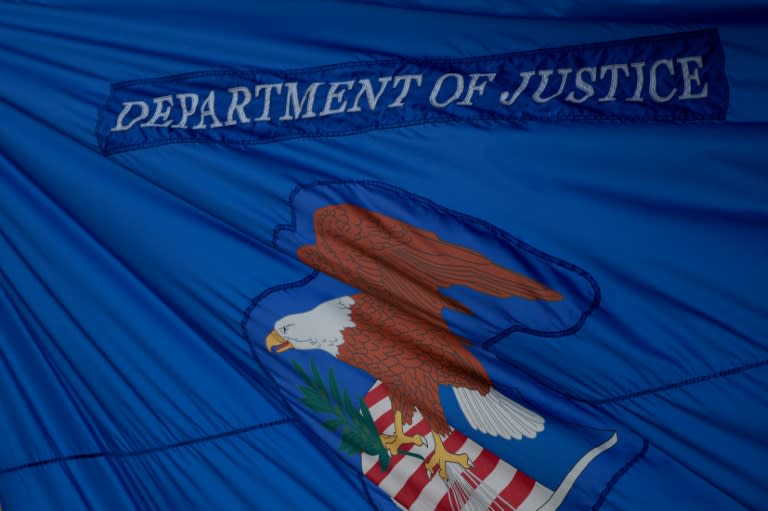Interesting article in the WSJ today about weighing the cost of the economic devastation against the hope of saving lives. For some on this board, prepare to be triggered by adult conversation:
One corner of economics has developed tools that researchers say can help get at the scale of what the nation confronts. These “value of statistical life” measures estimate what people are willing to pay to reduce the probability of dying.
Economists derive the numbers from surveys and through inferences from individual work choices, for instance by looking at how much added compensation people demand for doing high-risk jobs like logging, deep-sea fishing or roofing.
Value-of-statistical-life measures are routinely used by the federal government to calculate the costs and benefits of a wide range of health and environmental regulations, which also come with trade-offs between public safety and economic cost.
W. Kip Viscusi, a Vanderbilt University economics and law professor and leader in these valuations, estimates the value of a statistical life at around $10 million. The number means a U.S. community of 100,000 people would on average pay $100 per person to reduce the risk that one person in the community would randomly be killed by some threat. The community is essentially paying $10 million to reduce the risk that one among it will die.
Even under normal circumstances, such measures are complicated by many factors. For example, should the life of a child be given the same value as the life of an octogenarian? How do you account for age differences for a disease that affects the elderly most? Is a life in Laos worth as much as in the U.S.? Most people would say a life in either country is of equal value, but the calculations are based on how much a person would pay to reduce the risk of death, and because incomes are lower in Laos than in the U.S., the statistical value of life there is lower too.
In this case, the unknowns are especially large, notes Joseph Aldy, a Harvard professor and former adviser to President Barack Obama. The mortality rate of the virus itself is unknown. Because testing has been especially sparse in the U.S., nobody knows how widespread it is in the population, or how aggressively it transfers from one person to another.
“It is hard to even assess probabilities,” he said.
Mr. Viscusi noted another conundrum. Economic dislocation causes its own health problems.
“Mortality rates rise after periods of unemployment and income loss,” he said. “Even if health is your only concern and financial costs are not considered, adopting prevention efforts that limit the adverse effects on income is important.”
The U.S. should be willing to bear substantial costs to overcome this virus, because it is something that can cascade out of control, said Mr. Hammitt at Harvard.
How much cost?
“I don’t know,” he said.

